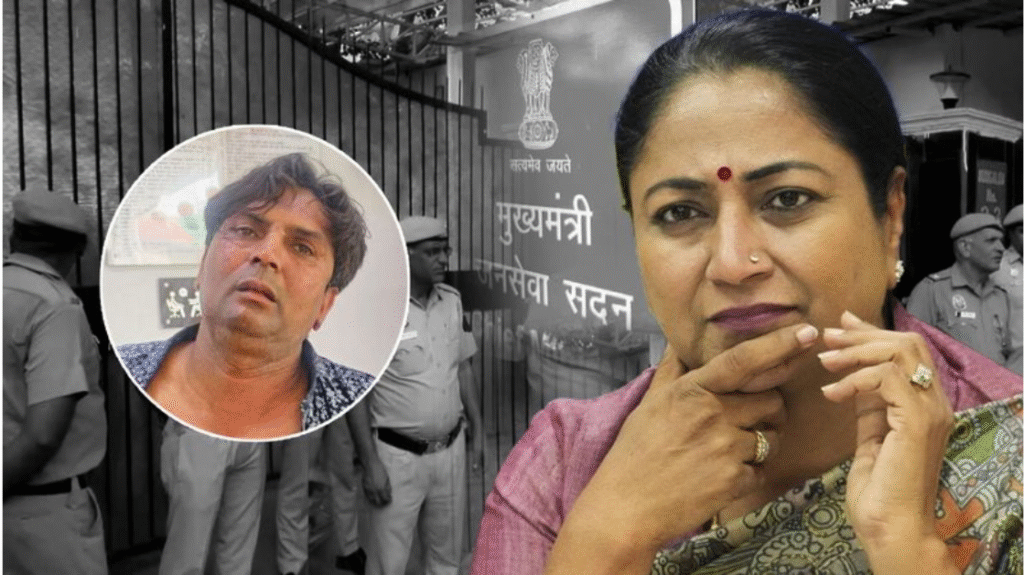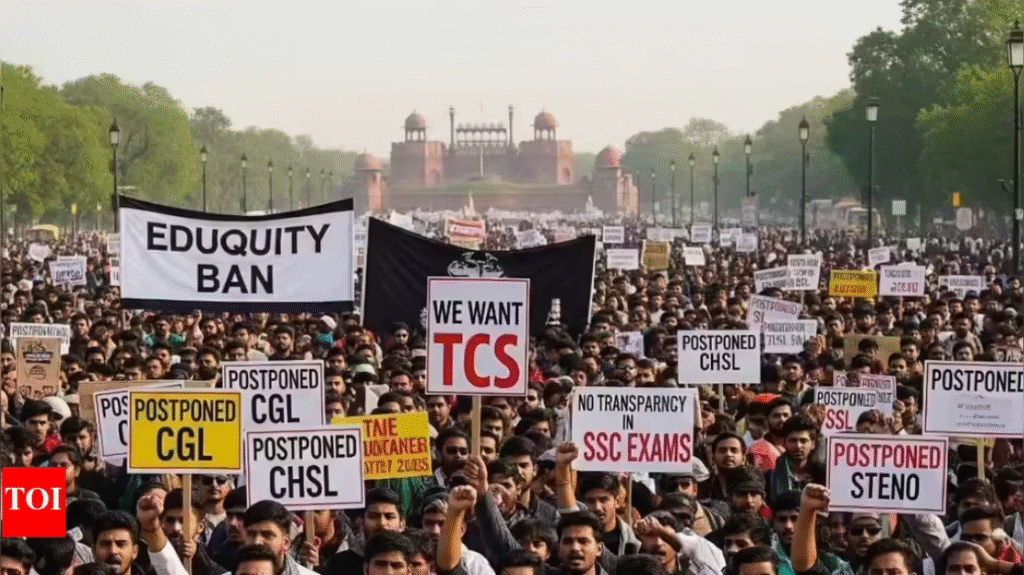New Delhi, August 20, 2025 – In a startling breach of security, Delhi Chief Minister Rekha Gupta was attacked during a weekly Jan Sunwai (public hearing) at her Civil Lines residence. The assailant, identified as Rajesh Bhai Khimji Bhai Sakariya, a 41-year-old from Rajkot, Gujarat, approached the CM Rekha Gupta under the guise of submitting documents before launching the assault. The incident raises pressing questions about protocols for political officeholder safety in open forums.
The Incident: From Plea to Violence
Around 8 a.m., during a public grievance redressal session, the attacker presented documents to CM Rekha Gupta before grabbing her arm, attempting to pull her forcefully, according to eyewitnesses. Some suggested he may have also slapped or pulled her hair in the scuffle. Security personnel subdued him promptly. The attacker has since been detained.
Who Is the Attacker and Why Did He Do It?
The suspect, identified as Rajesh Bhai Khimji Bhai Sakariya from Rajkot, is being thoroughly interrogated by Delhi Police. His mother claims he is a dog lover outraged by a Supreme Court order mandating stray dog removals in Delhi–NCR. Some reports add that he came seeking help for a jailed relative, with a case still pending. His motivations—political or personal—remain unclear as investigations continue.
Political Fallout and Public Reactions
The BJP labeled the episode a politically motivated attack, with Ministers Manjinder Singh Sirsa and Parvesh Verma implying rivals were intolerant of Rekha Gupta’s governance. In contrast, AAP leaders like Atishi and Arvind Kejriwal condemned the violence outright, asserting that dissent must remain peaceful. Congress leaders also joined in denouncing the attack as deeply troubling for the capital’s safety.
Atishi stated, “Democracy allows dissent but not violence — I hope the police take strict action. Hope the CM is safe.” Kejriwal echoed similar urgency.
Lagging Security Measures: A Critical Look
Delhi Police was called into immediate action with senior officials, including Commissioner SBK Singh, arriving on the scene. However, the attack underscores the oversight in vetting attendees at public forums and raises concerns about the safety of officials engaging directly with citizens.
This incident echoes earlier security failures—recalling attacks on former CM Arvind Kejriwal—and highlights the need for improved protocols around public accessibility and safety.
Legal and Administrative Implications
| Concern | Implications |
|---|---|
| Security Protocols | Reassessment needed for screening, venue control, crowd management. |
| Accountability | Investigations must include procedural reviews alongside arrest proceedings. |
| Public Access vs. Safety | Mechanisms need to ensure safety without compromising public interface. |
| Political Backlash | The incident could deepen polarization unless addressed with bipartisan seriousness. |
The Larger Lesson
Today’s attack on CM Rekha Gupta is a sobering reminder of the fragility of safety even in democratic engagement spaces. The balance between public access and secure governance is delicate, calling for comprehensive reform in administrative protocols.
CG’s readiness and composition of party responses will be a real test of Delhi Police’s effectiveness in safeguarding officials while preserving democratic access. Citizens and civil society will closely watch how security is redefined post-incident.
To read more Indian Laws and news, visit Legal Guide India



